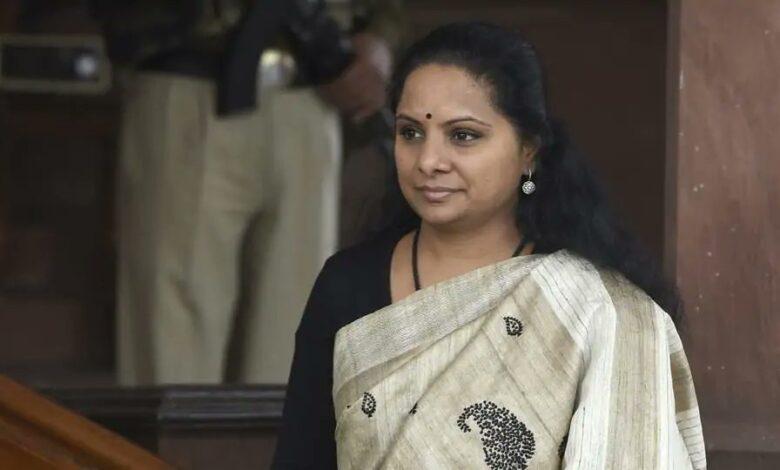
The Telangana Rashtra Samithi (TRS / BRS) has announced its candidates for the upcoming assembly elections in Telangana, and out of the 119 seats, only 7 have been given to women. This is a meager 5.8% of the total seats, which shows the lack of representation and empowerment of women in state politics.
On the other hand, Kavitha Kalvakuntla, the daughter of TRS chief and Chief Minister K Chandrasekhar Rao (KCR), has been vocal about her support for the Women’s Reservation Bill, which seeks to reserve 33% of the seats in parliament and state assemblies for women. She has also launched a campaign called ‘Sisters for Change’ to mobilize women across the country to demand their rightful share in political decision-making.
How can Kavitha reconcile her stance on women’s reservation with the reality of her own party’s dismal performance on this front? How can she convince the women of Telangana that TRS is committed to their welfare and empowerment, when it has failed to give them adequate representation in its own ranks?
The numbers and statistics speak for themselves. According to the 2011 census, women constitute 49.5% of the population of Telangana, but only 9.4% of the MLAs in the current assembly are women. This is lower than the national average of 14.4%, and much lower than some of the best performing states like Bihar (23.5%), Rajasthan (23.2%) and West Bengal (20.3%).
Moreover, Telangana ranks poorly on various indicators of gender equality and development, such as literacy, health, employment, violence and crime against women. According to the National Family Health Survey 2015-16, only 60.6% of the women in Telangana are literate, compared to 74.4% of the men. The female labour force participation rate is only 24.8%, while the male rate is 75.5%. The maternal mortality ratio is 92 per 100,000 live births, higher than the national average of 74. The sex ratio at birth is 925 females per 1000 males, lower than the national average of 934.
These figures show that Telangana has a long way to go in ensuring the rights and dignity of its women, and that it needs more women leaders who can champion their cause and address their issues. The TRS government has launched some schemes and initiatives for women’s welfare, such as Kalyana Lakshmi, Shaadi Mubarak, Aasara pensions and KCR Kits, but these are not enough to bring about a lasting change in the status and role of women in society.
The upcoming elections are an opportunity for the TRS to rectify its mistake and give more tickets to women candidates who are capable and deserving. It is also an opportunity for Kavitha to prove her sincerity and commitment to the Women’s Reservation Bill by demanding more representation for women within her own party. If she fails to do so, she will lose her credibility and legitimacy as a leader who fights for women’s rights.
The women of Telangana deserve better than tokenism and lip service from their political parties. They deserve equal representation and participation in the governance and development of their state. They deserve respect and recognition for their contributions and potential. They deserve sisters for change who can truly make a difference.











